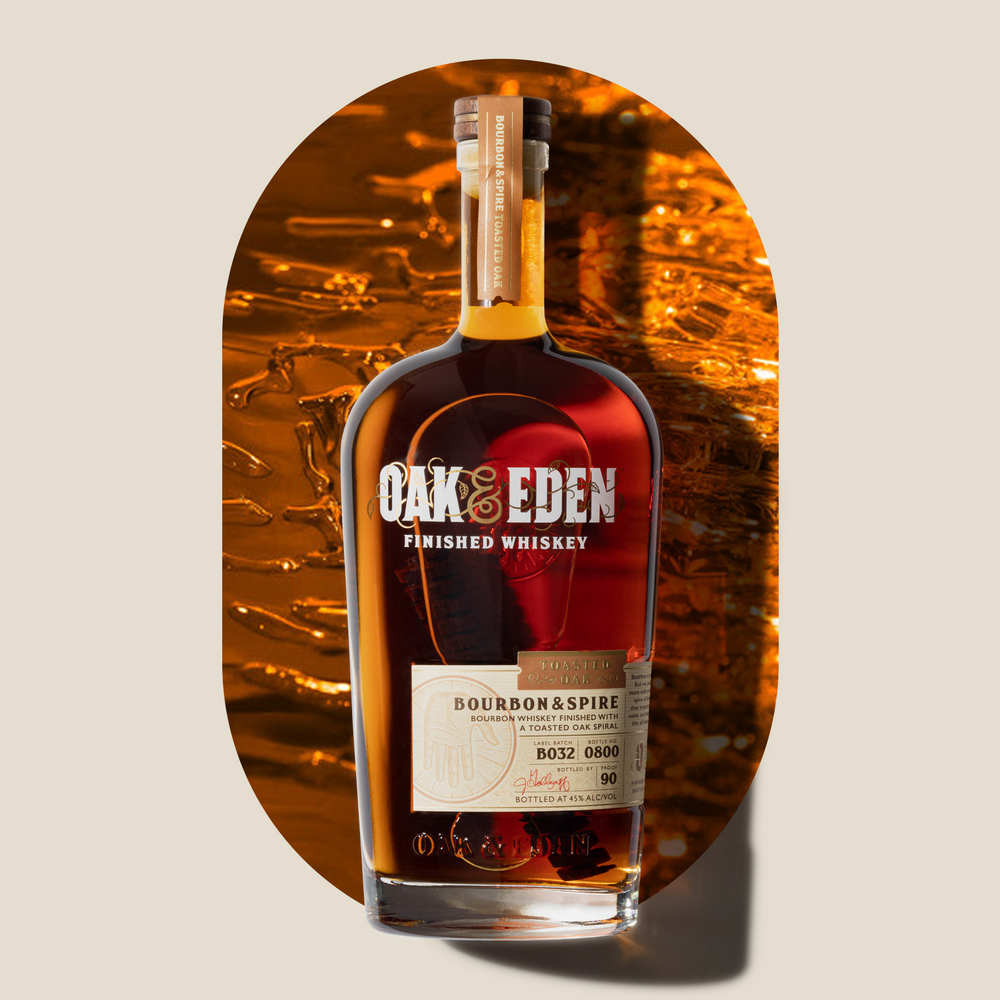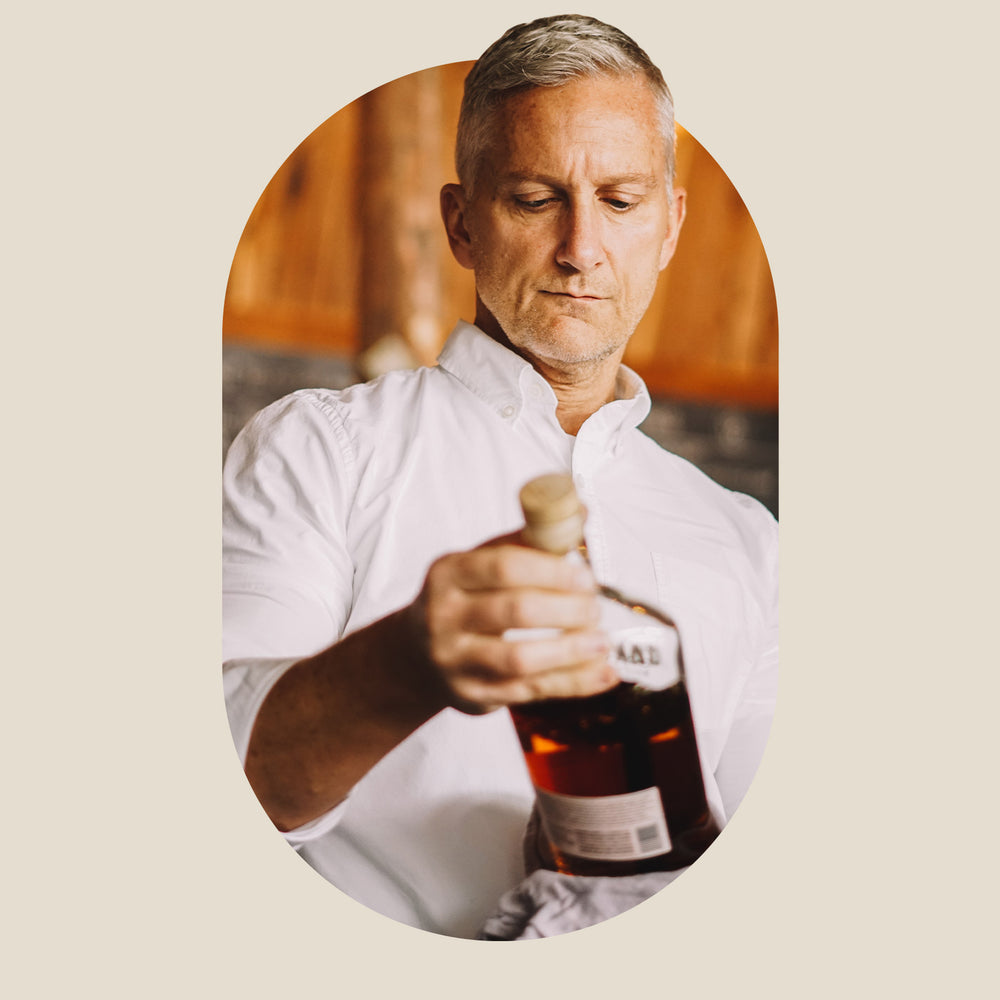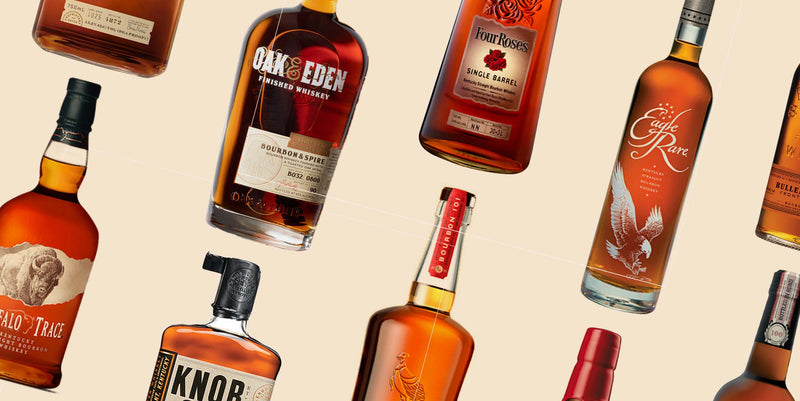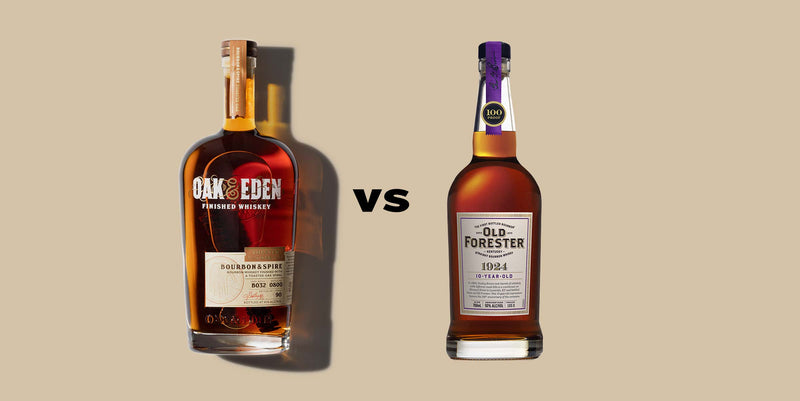Whiskey or whisky? What’s the difference? Is it simply two different spellings of the same word, or are they two slightly different words describing two separate groups of spirits?
Spelling depends on the spirit’s country of origin; American-produced varieties such as bourbon, rye, Tennessee, as well as the Irish spirit, utilize the “whiskey” spelling, whereas the spirit from Scotland, Canada, and Japan utilize the “whisky” spelling. American and Irish liquor producers and copy editors tend to favor the spelling ‘whiskey’, while Scottish, Canadian, and Japanese producers (and copy editors) tend to favor the spelling ‘whisky’. The difference also carries on into the plural. For ‘whiskey’, the plural is ‘whiskeys’. For ‘whisky’, it’s ‘whiskies’.
The main difference is the spelling, yes, but there’s a little more to it. If you look at American, Scottish, and Irish spirit, you’ll notice that there are a few rules about how the liquor is produced in those countries. For instance, the number of times a whisk(e)y is distilled depends on where you are in the world. In the United States, whiskey is typically distilled two times. Same goes for Scotland. In Ireland, however, a whiskey is typically distilled three times before it begins the aging process.
To make a long explanation short, whiskey (with an ‘e’) refers to grain spirits distilled in Ireland and the United States. Whisky (with no ‘e’) refers to Scottish, Canadian, or Japanese grain spirits.
At this point, I’m sure you could use a glass, no matter how it’s spelled. Check out our whiskeys here: oakandeden.com/whiskey






